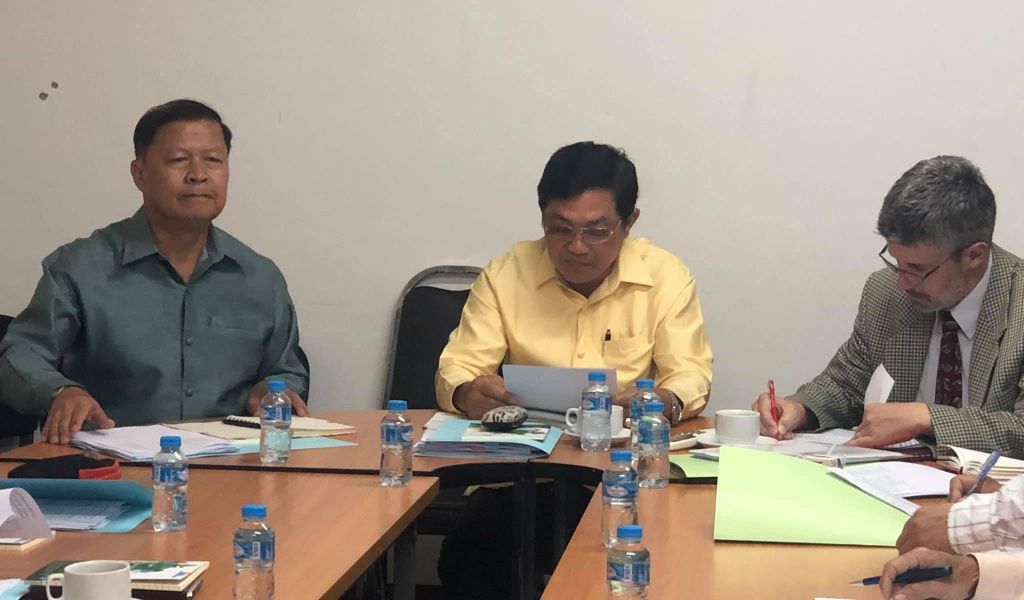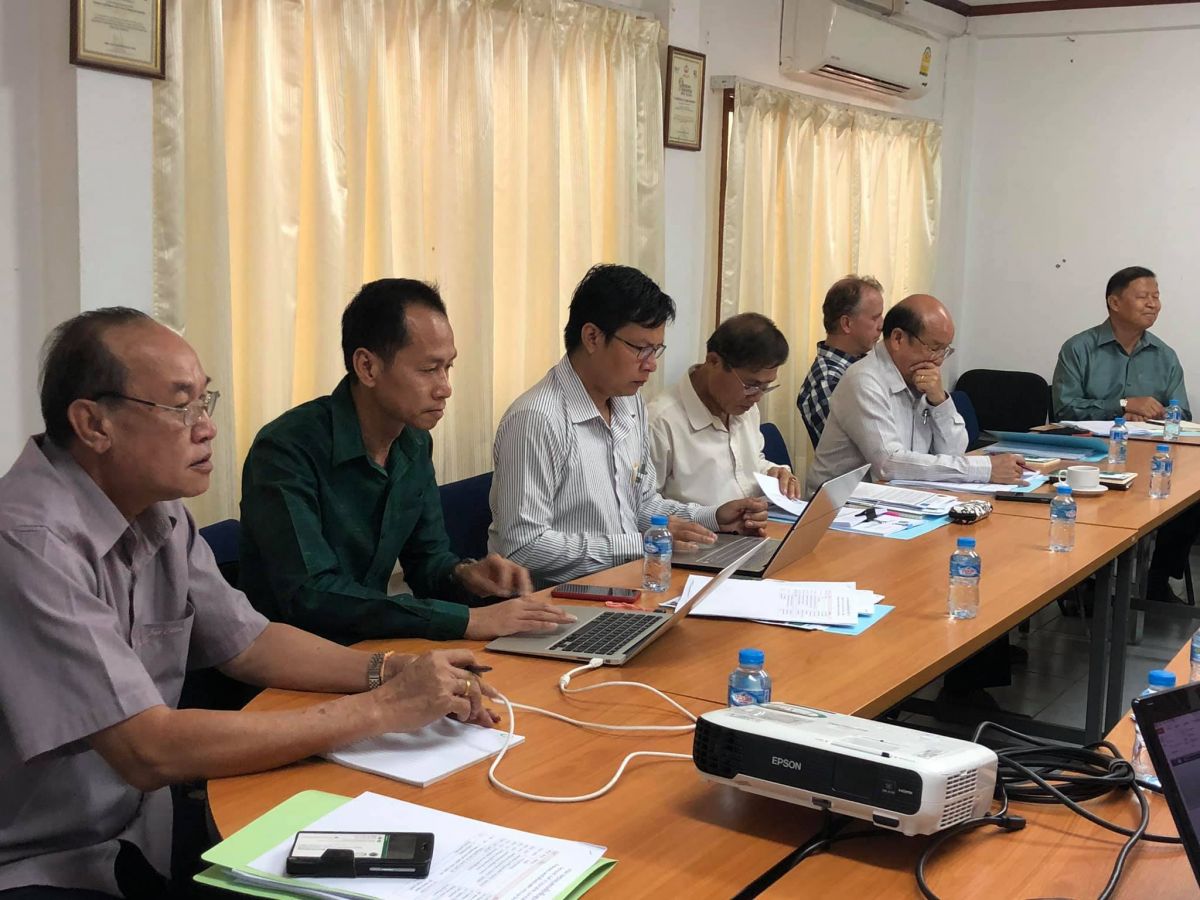Lao, Swiss cooperation sees progress in agro-biodiversity initiative

The third phase aims to complete on-going processes, consolidate the achievements, and capitalise and disseminate the knowledge generated under the previous two phases. It is working with and through government line departments to ensure results are sustained after the project ends. There will also be a focus on developing sustainable models for small scale farmers and sustainable enterprises of unique Lao products. Speaking at 12th Project Steering Committee Meeting for TABI in Vientiane on Thursday, Mr Khamphone Rasachack, Director General of the Department of Agricultural Land Management and Development said TABI had followed the government’s policies in restoring the environment and sustainable agro-biodiversity management.

As TABI’s final phase ends in September next year, discussions considered recommendations for the forward work plan to ensure the project meets its goals. Deputy Director of Cooperation, Head of Agriculture and Food Security Domain of SDC, Mr Martin Hasler said discussions between concerned authorities would play an important role in the strategic engagement of the national dialogue on the significance of agro-biodiversity to improve rural livelihoods at the forest-agricultural interface. The accomplishment of the project mid-term review late last year confirmed that TABI’s activities were highly relevant in supporting local communities to improve agro-biodiversity and land use planning in the upland communities, while the use of information based on the extensive experience of the project was still being under-used, he said. SDC also appreciated the efforts of the project team in working together with key stakeholders at national, provincial and community levels to map out a project work plan for the remaining 18 months. During such transition periods, it was important for concerned authorities to maintain strong and committed implementing partners, maintain knowledgeable staff and active collaboration with other initiatives to ensure smooth implementation and to follow a proper exit strategy for the project. Mr Hasler believed that TABI projects would further increase collaboration and coordination to help farmers. The Lao Upland Rural Advisory Service (LURAS) project recently agreed to organise regular meetings with TABI to discuss complementary project strategies and come up with follow-up actions.
Information resource: Vientiane Time
